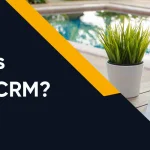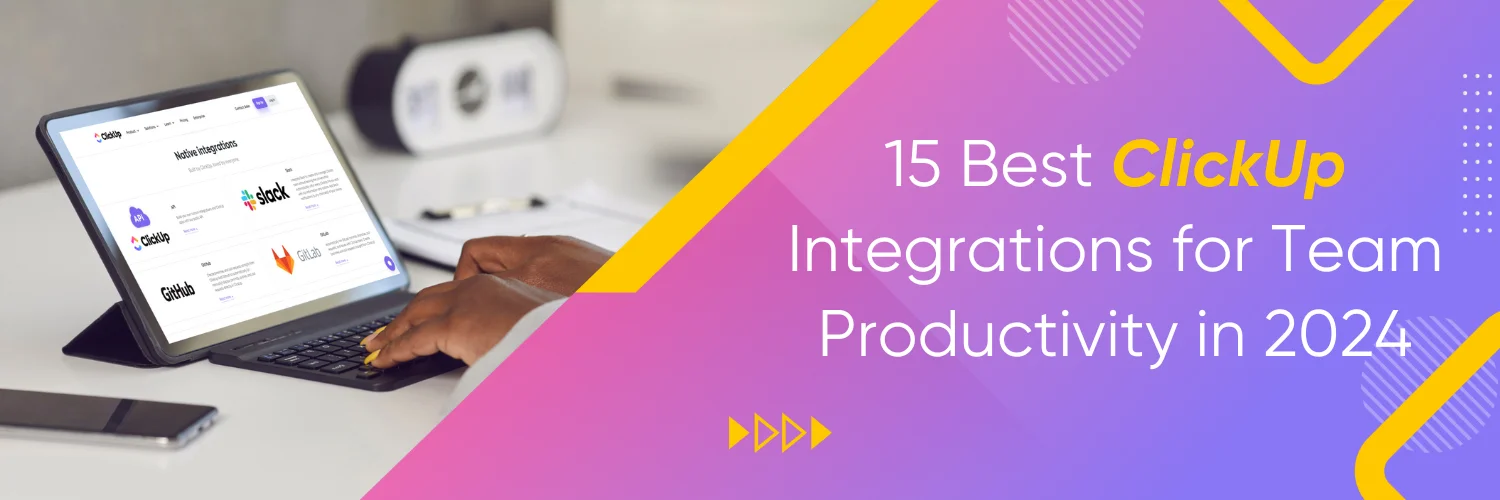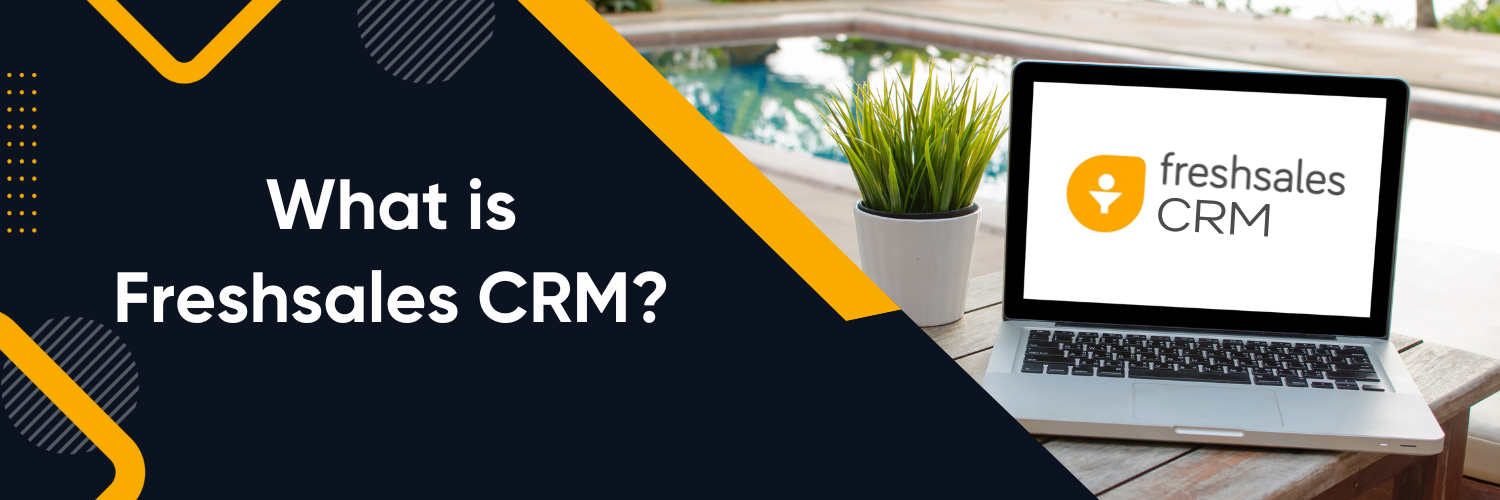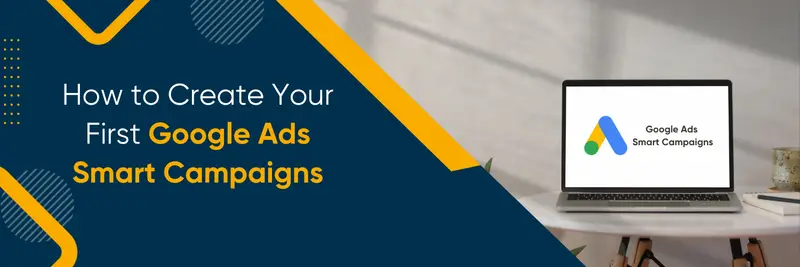What is Website Marketing?
Website marketing is the process of marketing a website in order to increase its visibility and traffic. This can be done by
optimising the website for search engines, creating quality content, and by promoting the website through various marketing channels.
Website marketing is the process of using a variety of online tactics to promote a website. The goal is typically to attract people who may be interested in a company’s products or services. Some common website marketing tactics include
search engine optimisation (SEO), content marketing, social media engagement, and offline efforts like direct mailers or flyers.
Ranking highly on search engines through SEO proves an effective way for companies to market their businesses online. Additionally, other online marketing channels like content marketing and social media can be very beneficial in reaching potential customers. Offline efforts like direct mailers or flyers can also help increase awareness about a company and its website.

How to do website marketing in a smart way
SMART website marketing is an approach to marketing that is based on specific, measurable, achievable, relevant, and time-bound goals. It is a focused and achievable approach to attracting more customers to your website. It revolves around four key concepts: specific, measurable, attainable, and time-based. This way, you can set realistic goals and measure your progress.
For any goal to be successful, it needs to be quantifiable so that you can track your progress. That’s why “measurable” is such an essential part of SMART marketing. You need to know if you’re reaching your objectives or not.
Your goals should also be relevant to what you’re trying to accomplish as a business. They don’t have to be overly ambitious, but they should be something that will help you reach your targets. And finally, time-based objectives are more effective than those without a deadline attached. Giving yourself a timeline helps keep you accountable and on track toward your goals.

Digital marketing website strategies
There are a number of ways to promote your website. One way is to create high-quality content relevant to your target audience and then share it on social media, email, and your website. You can also use paid advertising to target specific keywords and promote your content to people who are searching for those keywords.
Now that you’ve created an amazing website, it’s time to promote it! There are several ways to do this, and we’ll go over the most effective ones below.
First, make sure you’re using social media platforms appropriately. For example, if you have a blog, make sure you promote your blog posts on Twitter and
Facebook. You can also use paid advertising and content marketing to promote your website.
Email campaigns are another great way to drive traffic to your website. You can include links to your website in your email signature and create compelling offers or freebies that encourage visitors to sign up for more information about what you offer.
Finally, be sure to track analytics data to see how well your promotions are working. This data will help you determine which strategies are most effective and allow you to optimise your efforts accordingly.
Why does website marketing matter?
Website marketing is important because it helps to build a community of potential customers, which allows your business to grow faster than other methods. It also increases the likelihood that the target audience will engage with your brand and convert into customers.
Website marketing is integral to digital marketing because it helps to provide an easy and visually appealing way for people who are interested in your brand or product.
Things to consider in Website Marketing

One of the most important is to make sure that your site is well-optimized for search engines. You can do this by ensuring that all of your content is high quality and keyword-rich and by using effective keywords in your titles and metatags. You can also promote your website by submitting it to directories and building links from other websites.
These sites allow you to create pages or profiles for your website, which can help increase its visibility online. You can also use social media to share links to your website’s content, which can help get it noticed by more people.
You can distribute flyers or brochures to local businesses or post them in public places. You can also talk about your website on local radio or TV shows or even give presentations about it at local events.

2. Backlinks
Backlinks are links from other websites that lead directly to your site. They’re an important factor in search engine optimisation (SEO), and they can also help increase traffic to your site.
One of the best ways is to create valuable content that other websites will want to link. You can also submit your website to directories, participate in link exchanges, and run advertising campaigns that include links back to your site.
The best way to do this is by using a tool like Majestic SEO or Ahrefs to check the quality and authority of the websites providing the backlinks.

By creating profiles on popular social media sites and using the right keywords, you can expose your website to many potential customers. Also, make sure to use relevant keywords in your profile so that potential customers can easily find you. In addition, post interesting and engaging content regularly to keep people interested in what you have to say.
By using social media effectively, you can greatly increase the visibility of your website and drive more traffic to it.

4. Influencers
An influencer is an individual with a large following on social media or authority in their industry. When you get an influencer to mention or endorse your website, it can result in a lot of exposure and traffic.
First, do some research online to find people who have a large following and are respected in your industry. Second, reach out to them directly and offer them something of value in exchange for promoting your website. Finally, use tools like BuzzSumo or Followerwonk to identify the top influencers in your industry and track their activity online.

5. Quality Content
When you produce high-quality, interesting content, you improve your chances of ranking well in search results and attract more visitors to your website.
There are some things you can do to improve the quality of your content:
A. Make sure your content is packed with useful information to help people solve their problems or meet their needs.
B. Use clear, concise language and write in a way that engages readers’ attention.
C. Add videos, images and other multimedia elements to make your content more interesting and engaging.
D. You should include relevant keywords throughout your content, but don’t overdo it – keyword stuffing can hurt your rankings.

What is a Website Marketing strategy?
A website marketing strategy is a plan of action that outlines how a website will achieve its marketing goals. The strategy will identify the website’s target audience, the channels that will be used to reach them, and the types of content created and shared.
A website marketing strategy is a plan to achieve the business’s goals. It starts with setting SMART goals and doing a SWOT analysis. This will help you understand your strengths and weaknesses and what you can offer customers and what they want from you.
Once you have that information, it’s time to put together a plan of action. You’ll need to consider things like your budget, target audience, and how you’re going to reach them. There’s no one-size-fits-all answer, so make sure to tailor your strategy to fit your unique business.
By the end of this article, you’ll understand what it takes to create an effective website marketing strategy. So don’t wait any longer–get started today!
Steps to a powerful website strategy
A powerful website strategy starts with knowledge. Without this knowledge, your existing strategy may be wishful thinking. It is helpful to have a third party review your current site and provide constructive feedback for improvement purposes.
If you’re not sure that your website sends the right message about your business, hire a professional consultant to conduct an audit. Hiring an expert will help you determine what’s needed for your site to be effective and successful. This is useful if you have no idea how much time it takes to build your website or marketing materials due to a lack of experience.
Building an effective website marketing strategy
Marketing a website effectively requires a deep understanding of many different disciplines, including analytics, human psychology and inbound and outbound marketing methodology. A successful digital marketing strategy needs to mix both paid and free methods to be truly effective.
You will likely see strong results within the first six months of no ad spend if you focus on creating quality content for your audience that is relevant to their interests. However, it’s important to note that paid advertising can still be an effective means of revenue generation for your business.
Organic reach is the best long-term approach, as it will allow for a slow but steady increase in traffic over time as more and more people become aware of your website. Additionally,
This involves studying your website’s design, content, structure, and audience. You need to determine what’s working well on your website and what needs improvement.
Once you understand your website and its audience, you can begin developing marketing goals and strategies that will help you achieve your desired results.
2. Consider Mobile Optimisation
A majority of internet traffic now comes from mobile devices, so if your website isn’t optimised for those devices, you’re missing out on a lot of potential visitors. There are a few things you can do to make your website more mobile-friendly:
A. Use a responsive design:
This ensures that your website will look good no matter what device it’s being viewed on.
B. Keep font sizes large:
Many people view websites on their phones using small screens, so make sure all the text on your site is big enough to be easily read.
C. Avoid Flash:
Many mobile devices don’t support Flash, so avoid using it on your site.
D. Make buttons easy to tap:
People are used to tapping buttons on their phones, so make sure yours are easy to reach and press.
3. Map the User Journey
By plotting out each step of the customer’s experience on your site, you can identify areas where they may be struggling or getting lost – and make changes to improve their experience.
4. Develop Email Campaigns
They’re also a great way to get feedback from customers and learn what they’re interested in.
When creating email campaigns, it’s important to keep the following in mind:
A. Make sure your messages are relevant to your customers
B. Keep your tone friendly and informal
C. Use images and other multimedia content to break up the text and make the emails more visually appealing
D. Using the customer’s name
E. Test different subject lines and email formats to see which ones work best
5. Create High-Value Content
This means producing content that is relevant to your target audience and provides real value in terms of helping them accomplish their goals. Whether you’re creating blog posts, videos, infographics or other types of content, make sure it meets the following criteria:
A. Relevant: Make sure your content is relevant to your target audience and addresses their needs and concerns.
B. Useful: Provide valuable information that helps your audience achieve their goals.
C. Engaging: Write in an engaging and interesting style that will capture your readers’ attention.
D. Unique: Make sure your content is original and offers a fresh perspective on the topic.
E. Quality Controlled: Take the time to ensure that your content is well written and free from errors.
F. Timely: Publish new content regularly so that your readers have something new to look forward to each time they visit your site

Why do you need a website marketing strategy?
Nowadays, it’s not enough to just have a website. You need to have a website marketing strategy to get the most out of your website. To create a website marketing strategy, you need to understand who your customers are and what their problem is. Once you know that, you can start designing deals and campaigns that will appeal to them and help them find the solutions they’re looking for.
A good website marketing strategy uses all digital marketing channels available, including search engine optimisation (SEO), social media networks, paid ads, and email marketing. By using all these channels, you can reach more potential customers and engage with them deeper.
To create a successful website marketing strategy, follow these 10 steps:
1. It’s not about SEO and Social Media anymore
You would build a site, make sure it was SEO-friendly, and then post great content and wait for the phone to ring. But those days are gone.
Your website is one piece of your overall marketing puzzle, and you need to make sure it’s working hard for you. That means incorporating SEO, social media, email marketing, and other tactics into a cohesive whole that will help you achieve your business goals.
Everything else should revolve around it. So make sure it’s doing its job by incorporating all the necessary pieces into a well-oiled machine!
2. You need a strategy and a plan
After all, your website is supposed to do the marketing for you, right? Wrong! Your website is an important part of your online marketing mix, but it’s not the only tool you have at your disposal. To create a successful online marketing campaign, you need a comprehensive strategy that includes goals, tactics and measurable results.
It’s important to think about how your site will support your other marketing efforts – and how those efforts will support your site. For example, if you’re running PPC (pay-per-click) ads, make sure the keywords you select are included on your website. You can also use tracking codes on your site to track visitors from other sources, such as email campaigns or banner ads.
3. Do it before the competition
You need to have an online marketing strategy if you want to be successful. But what does that involve? And where do you start?
Here are three essential tips to help get you started:
A. Plan Ahead
That’s backwards – you should plan your marketing efforts before you build your website. That way, your site will be designed to attract the type of customers you want to reach.
B. Know Your Target Audience
Do some research and find out as much as possible about your target audience – including their demographics, interests and buying habits.
C. Use Multiple Channels
This could include things like search engine optimization (SEO), pay-per-click advertising (PPC), email marketing, social media marketing and more
4. How can I start marketing my website with no experience?
It can be daunting to start marketing your website if you don’t have any experience. But don’t worry, we’re here to help! Just follow these simple steps and you’ll be on your way to successful website marketing in no time.
The first step is to create a social media calendar. This will help you plan out your content ahead of time and make sure that you’re publishing high-quality content regularly. This will help you attract an audience for your brand and establish yourself as an authority in your niche.
Next, make sure that you’re promoting your website on different social networks. You should create business accounts on Facebook, Twitter, Instagram, Pinterest, and LinkedIn, and fill out all the information correctly. Be sure to add a link to your website and social media pages so people can easily find them.
Then, connect with influencers in your niche–even if they only have a few thousand followers. Start by looking for people who might be interested in what you do and then reach out to them through comments or messages.
5. How to build a website marketing strategy
And, if you don’t have any experience in this area, it can be tough to know where to start. Here are four tips that can help you get started:
Make sure your website is optimized for search engines. This means using the right keywords and tags, and making sure your site is easy to navigate.
Develop a content strategy. This will involve creating valuable content that attracts visitors and encourages them to stick around.
Use social media to spread the word about your website. Platforms like Facebook, Twitter and Instagram offer great opportunities for reaching a large audience quickly and easily.
Invest in online advertising. Paid ads can be an effective way of targeting specific audiences who are likely to be interested in what you have to offer
6. Create a website content strategy
Now that you understand the basics of website marketing, it’s time to create a content strategy. A content strategy is a plan that dictates what type of content you will publish on your website and how often you will publish it. This information is important because it tells you what kind of topics to write about, who your target audience is, and how much time you should spend creating content.
The first step in creating a content strategy is to come up with comprehensive goals for your campaign. What do you want to achieve with your website? Do you want more leads? More customers? Higher web traffic? Once you know what you’re working towards, it’s easier to create specific goals that will help get you there.
Next, choose an appropriate audience for your website. This may be determined by the products or services you offer, the location of your business, or the size of your customer base. Knowing who your target market is making it easier to create relevant and interesting content they will want to read.
After that, determine how much time you should spend creating content each week/month/year. This depends on a variety of factors including the size and complexity of your website, how much competition exists for keywords related to your business, and how much time you have to devote to content marketing. It’s important to be realistic about how much content you can produce and still maintain a consistent publishing schedule.
The next step is to create a content calendar. This document specifies when each piece of content will be published and who will write it. Having a content calendar helps you stay on track and ensures that your website never runs out of fresh, new content.
Last, but certainly not least, comes the task of creating quality content. This involves finding the right topics for your audience, writing well-researched articles, and using attractive visuals to break up the text. Content marketing is only successful if the reader finds your information useful and interesting.
Who is your audience?
After all, you want to provide them with the information they’re looking for in a way that’s easy for them to understand.
You can focus on demographics, like age, gender or location, or you can target users based on their interests. By understanding who your audience is, you can create content that speaks directly to them and meets their needs.

What content would your audience be interested in?
This might include blog posts on home improvement, gardening, or even recipes. You could also consider including information about your local community, such as upcoming events or attractions. Whatever you choose, make sure it’s relevant to your target audience and that you keep the content fresh and up-to-date.
Website Marketing Examples
There are many ways to market a website. This section will explore some effective methods used by various companies.
Canon, for example, advertises for search keywords related to “photography” on Google, Yahoo, and Bing search engines. This helps them reach people who are already interested in photography and may be considering purchasing a camera.
Whole Foods collects email addresses on their website to create email lists that can be used for advertising new products and sales. This allows them to keep in touch with customers who have shown an interest in their store and products.
Dove creates video advertisements and shares them with the audience on Facebook, Twitter, and other social media platforms to promote favourable conversations about the brand and its products. This helps build trust between Dove and its consumers.
Online marketing can be impersonal because it is delivered to a target audience as opposed to an individual customer. Marketers must understand the needs and preferences of their customers to create a successful online marketing strategy. Businesses need to remember that online marketing is only one aspect of customer relations – personal interactions are still essential for long-term success!
Online marketing provides many opportunities for businesses but also challenges due to the virtual nature of message and content delivery. Marketers must be vigilant to track the effectiveness of their campaigns. Techniques like surveys and user testing can be used to understand the overall user experience. Additionally, it’s important to keep an eye on the competition so that your business can stay ahead of the curve!
Online marketing for companies can sometimes be crowded and competitive, which can make it difficult to capture visitors’ attention due to the number of businesses using similar methods. To stand out from the crowd, businesses need to have a strong unique selling proposition (UVP). A UVP is a statement that explains what makes your product or service different from others in the market. It should be supported by an equally strong brand voice (brand personality) to create loyal customers.

Can website marketing helps you become successful?
The answer to this question is yes. If you are struggling with your marketing, and no matter how much money you spend or how many ads you put on the website, your business is not seeing any success, it is time to try a website marketing strategy.
Bottom line about website marketing
Overall, website marketing is an effective strategy that helps businesses connect with potential customers. By using a variety of online and offline tactics, companies can expose their businesses to more people who may be interested in what they have to offer. Smart website marketing strategies will help you convert visitors into buyers and loyal fans!
Digital agency to help you achieve your website marketing goals
When it comes to website marketing, it’s important to think about the bottom line. Outsourcing your website marketing can help with the time investment burden of an entrepreneur. Ubique Digital Solutions is a digital marketing agency that offers professional services for site promotion to entrepreneurs and small businesses. They can help you create a comprehensive online marketing strategy to get your website seen by more people.























